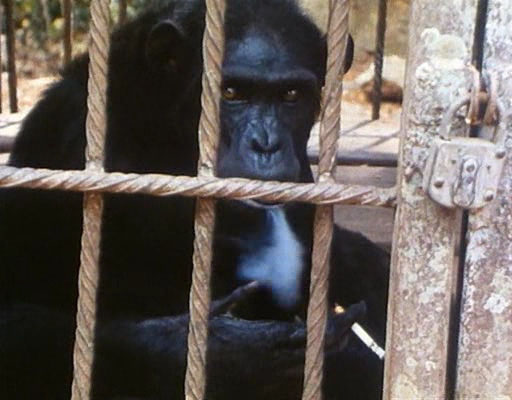I was reading “At the Existentialist Café” on the train…
Sartre put this principle into a three-word slogan, which for him defined existentialism: ‘Existence precedes essence’. What this formula gains in brevity it loses in comprehensibility. But roughly it means that, having found myself thrown into the world, I go on to create my own definition (or nature, or essence), in a way that never happens with other objects or life forms. You might think you have defined me by some label, but you are wrong, for I am always a work in progress. I create myself constantly through action, and this is so fundamental to my human condition that, for Sartre, it is the human condition, from the moment of first consciousness to the moment when death wipes it out. I am my own freedom: no more, no less.
So I thought from the title and poster that this would be a grand existentialist movie, and anyway it’s always a good time watching something with Franz Rogowski, but wrong on both counts. In 1945 Franz goes straight from the concentration camp into jail for being gay, bunks with Haneke regular Georg Friedrich. In 1957 Franz’s boyfriend Thomas Prenn dies, and the other prisoners can almost find it in their hearts to feel bad about it. In the late 60’s Franz keeps breaking rules in order to get thrown outside with young gay teacher Anton von Lucke (Frantz). Finally the law is overturned, Franz visits a jazz club and its subterranean Irreversible sex club, goes straight outside and smashes a jewelry store window to get thrown back into prison.
Franz with the teacher:






